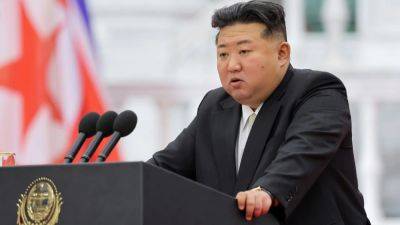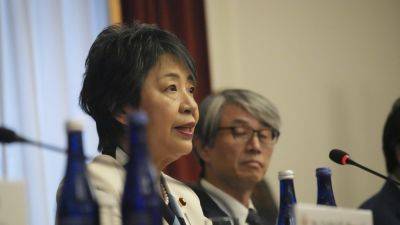The US led on nuclear fusion for decades. Now China is in position to win the race
CNN —
The bustling city of Shanghai marks national celebrations with world-famous light shows, illuminating its skyscrapers with dazzling colors, like beacons of Chinese innovation.
It is here that scientists and engineers work around the clock to pursue the next big thing in global tech, from 6G internet and advanced AI to next-generation robotics. It’s also here, on an unassuming downtown street, a small start-up called Energy Singularity is working on something extraordinary: nuclear fusion energy.
US companies and industry experts are worried America is losing its decades-long lead in the race to master this near-limitless form of clean energy, as new fusion companies sprout across China, and Beijing outspends DC.
Nuclear fusion, the process that powers the sun and other stars, is painstakingly finicky to replicate on Earth. Many countries have achieved fusion reactions, but sustaining them for long enough to use in the real world remains elusive.
Mastering fusion is an enticing prospect that promises wealth and global influence to whichever country tames it first.
The city of Shanghai by night.The prize of this energy is its sheer efficiency. A controlled fusion reaction releases around four million times more energy than burning coal, oil or gas, and four times more than fission, the kind of nuclear energy used today. It won’t be developed in time to fight climate change in this crucial decade, but it could be the solution to future warming.
The Chinese government is pouring money into the venture, putting an estimated $1 billion to $1.5 billion annually into fusion, according to Jean Paul Allain, who leads the US Energy Department’s Office of Fusion Energy Sciences. In comparison, the Biden administration







